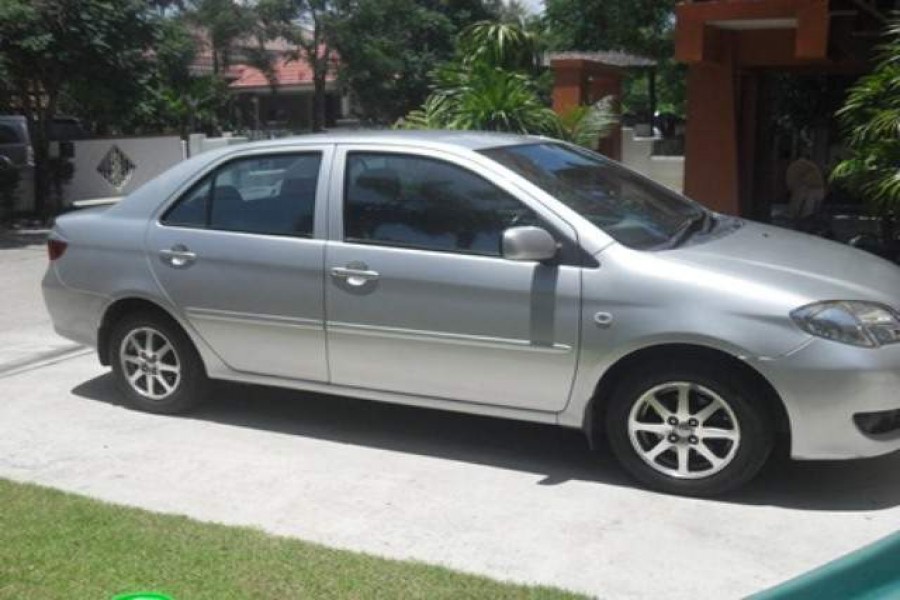There is a declining trend of pressing into service new private cars on roads in the country. The number of newly registered private cars declined sharply in the past two consecutive years. The Bangladesh Road Transport Authority (BRTA) statistics show that the number of new private cars in Dhaka declined by around 20 per cent in 2018 and around 8.50 per cent in 2019. In a fast growing economy like Bangladesh, a decline in new private cars has a number of implications.
Primarily, it is the chaotic traffic in Dhaka that discourages some people to procure private cars. They find it costly and troublesome. Introduction of ride-share service by Uber and other local companies also reduces the demand for private car. Many of those who are able to purchase cars with the help of bank financing are now relying on Uber.
Nevertheless, the total number of new private cars is still high. In the past year, some 15,016 new private cars in Dhaka got BRTA registration which was 16,319 in 2018 and 19,572 in 2017. Both necessity and luxury drive the demand for private cars in Bangladesh. Unreliable public transport system, largely dominated by ramshackle buses and minibuses, is a major factor that drives even many middle-class people to purchase cars. A gradual increase in income disparity becomes another factor in this regard. Very rich and affluent people purchase more than one car.
Social perception of private car owners also increasingly becomes negative. A large number of people do believe that most of the car owners are corrupt people. Due to this type of wrong generalisation, their attitude towards private car is largely hostile. That's why rickshaw-pullers, CNG-auto drivers and motor cyclists don't hesitate to abuse private car drivers and passengers verbally. This is a disturbing social phenomenon.
In reality, a good number of private car owners purchase their cars with their hard-earned income for some comfort. Some also enjoy ownership of cars due to allocation from their offices. Businessmen used to purchase their private cars thanks to hefty return on their investment. There are, however, some people who also become owners of cars by using their illegal income. As there is no mechanism to differentiate between private cars on the basis of income sources, misplaced perception of people having no car dominates.
Targeting private car for no reason is easy for all. Driving cars on allies or narrow streets of localities is difficult and sometime create undue congestions. In any such incident, everyone try to settle the score with private car drivers. Road-side and makeshift shopkeepers occupying some parts of the road are not taken to task. Motorcyclists perking on road behave as if it is their legitimate right to do so. Though all these reduce the already narrow road space, private cars are solely blamed for congestions.
Even on main roads, private car drivers have to struggle more than others to follow traffic rules. For the traffic police, it is also easier to stop any private car and penalise a driver than motorcyclists who are frequently violating tariff rules under the nose of law enforcers.
There is no doubt that private car is a very low-occupancy vehicle which occupies road space very disproportionately. This is one of the major reasons for traffic congestions. Nevertheless, targeting the cars wrongly will not bring any sustainable solution. Decent public transport coupled with pedestrian-friendly walkways will significantly reduce the demand for private car as well as other small vehicles.


